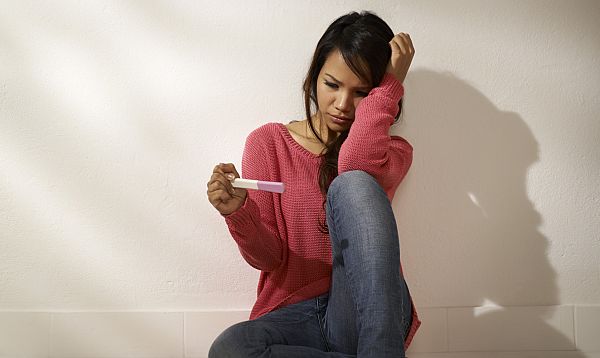Mexico City, Mexico — Mexico announced plans last week for a national campaign to prevent adolescent and teen pregnancy in a country where one in three births are by mothers under the age of 20.
The strategy represents an about-face in the predominantly Catholic country, where sexual education remains a taboo in many communities and the federal government has long shied away from taking leadership on the issue. The current effort will center on education and health care, including greater access to birth control, according to government officials.
Mexican government statistics show that mothers under the age of 20 accounted for 16.3 percent of births in 1997, with the rate rising to 19.4 percent in 2012. The World Health Organization estimates that around 16 million babies are born to teenage mothers each year in the world, and that teen girls in low-income countries are five times more likely to become mothers than in wealthier countries.
In presenting the plan, Mexican President Enrique Peña Nieto called on young men to on take more responsibility to prevent early pregnancies.
"In short, we have to advance and eradicate the macho culture that aggravates this social problem," Mr. Peña Nieto said.
Economic growth, increased urbanization, and broader access to education have reduced Mexico’s overall birthrate in recent years to 2.05 children per woman, nearly on par with the US at 1.95.
Yet the rising rate of early pregnancies threatens Mexico’s global competitiveness by cutting educations short, said María del Rosario Cárdenas, a research professor at Mexico’s Autonomous Metropolitan University.
"In addition to impacting the quality of life of the next generation, early reproduction represents a lost opportunity for society to have better-prepared citizens, and with them, a greater potential contribution to development," Ms. Cárdenas said.
Original Wall Street Journal Story


